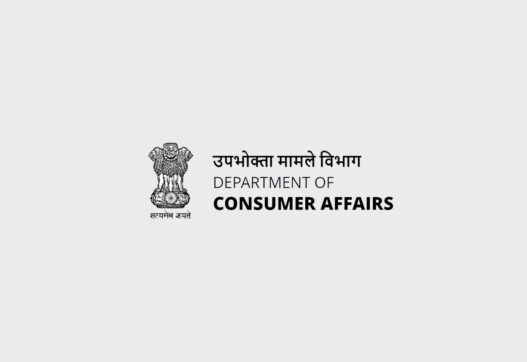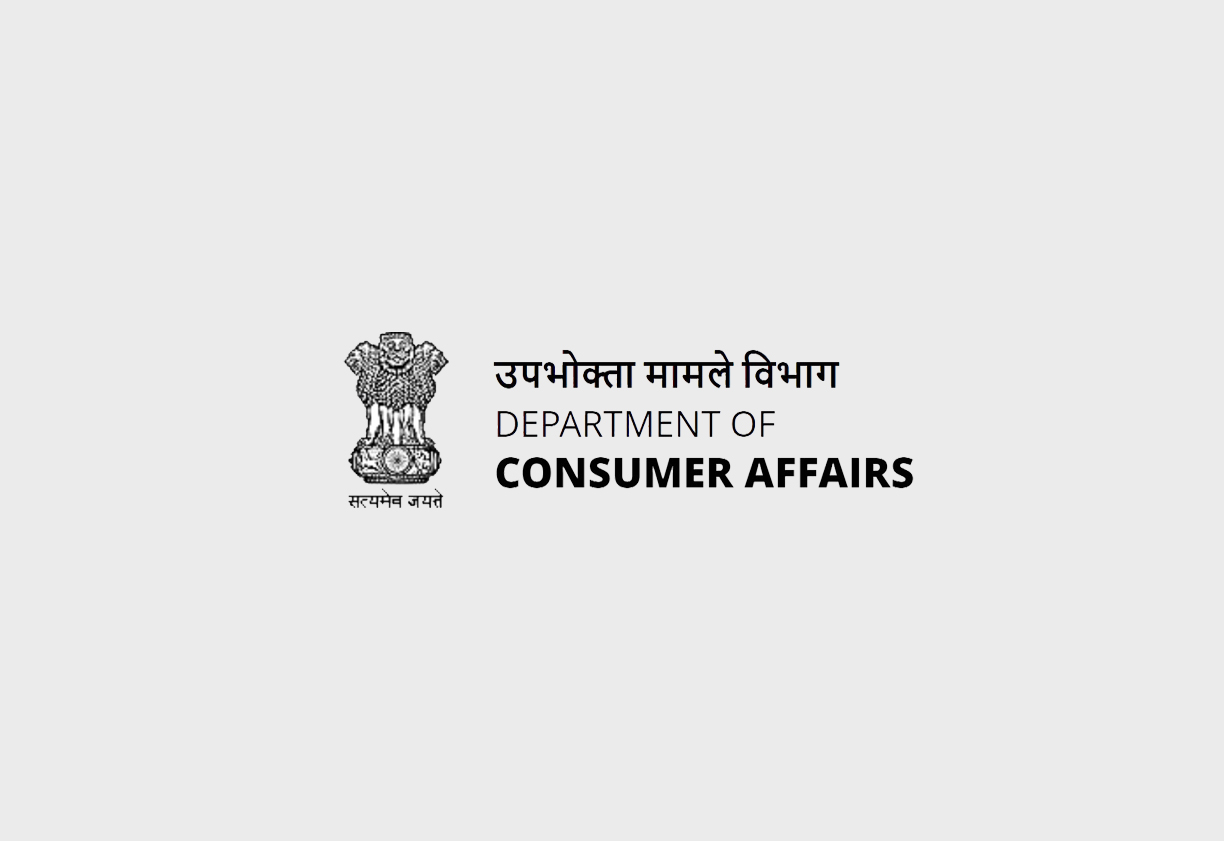Ministry of Consumer Affairs, Food and Public Distribution
The Legal Metrology Act, 2009, is a key piece of legislation that establishes and enforces standards of weights and measures in India. This Act aims to regulate trade and commerce in weights, measures, and other goods sold or distributed by weight, measure, or number. It provides a framework for ensuring accuracy and fairness in transactions, protecting both consumers and businesses. The Act covers various aspects, including the establishment of standard units, the verification and stamping of weights and measures, and the enforcement of penalties for non-compliance. It is crucial for maintaining integrity and transparency in commercial transactions.
Act Background and Ministry:
The Legal Metrology Act, 2009, was enacted by the Parliament of India. It was designed to consolidate and amend the laws relating to weights and measures. The Act falls under the purview of the Ministry of Consumer Affairs, Food and Public Distribution, Government of India.
Enactment Date, Number of Chapters, Number of Sections:
The Act was enacted on January 13, 2010. It is structured into 57 sections, divided into 11 chapters.
Act Governed By:
The Act is primarily governed by the Central Government, which has the power to make rules, notify standards, and appoint the Director of Legal Metrology. The implementation of the Act also involves State Governments, Controllers of Legal Metrology, and legal metrology officers.
On Whom it is Applicable:
The Act is applicable to all manufacturers, importers, dealers, and users of weights and measures in India. It also applies to individuals and entities involved in transactions where goods or services are sold or distributed by weight, measure, or number.
Penalties/Punishments:
The Act specifies various penalties and punishments for non-compliance. These include:
-
Fines: For using non-standard weights or measures, for altering weights or measures, for making transactions in contravention of prescribed standards, for quoting non-standard units, and for other specified offenses.
-
Imprisonment: For counterfeiting seals, tampering with licenses, and for repeat offenses.
-
Forfeiture: Non-standard or unverified weights and measures, and packages made in contravention of the Act, are liable to be forfeited to the State Government.
Important Pointers:
-
Metric System: The Act mandates that all units of weights and measures be based on the metric system.
-
Standard Units: The Act specifies the base units for length, mass, time, electric current, thermodynamic temperature, luminous intensity, and amount of substance.
-
Verification and Stamping: The Act requires the verification and stamping of weights and measures by authorized authorities.
-
Pre-packaged Commodities: The Act regulates the declarations that must be made on pre-packaged commodities.
-
Approval of Models: The Act requires manufacturers and importers to seek approval for models of weights and measures.
-
Training in Legal Metrology: The Act provides for training in legal metrology and related areas.
-
Power to Make Rules and Regulations: The Act empowers the Central Government and State Governments to make rules and regulations to carry out its provisions.
-
Protection of Action: The Act protects actions taken in good faith under the Act from legal challenges.
Act Copy:



